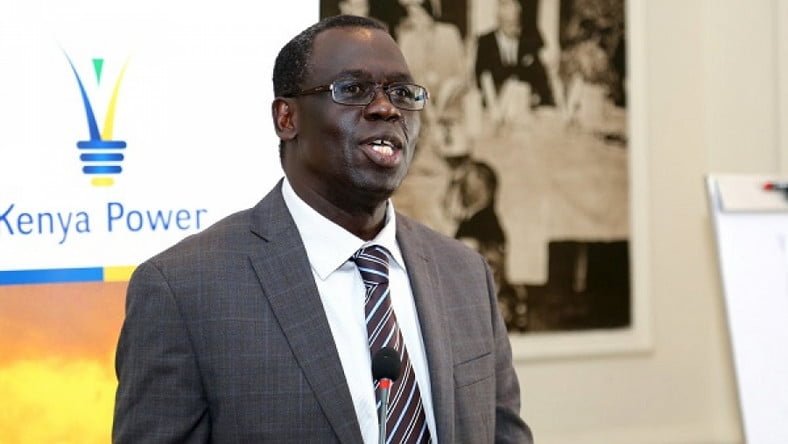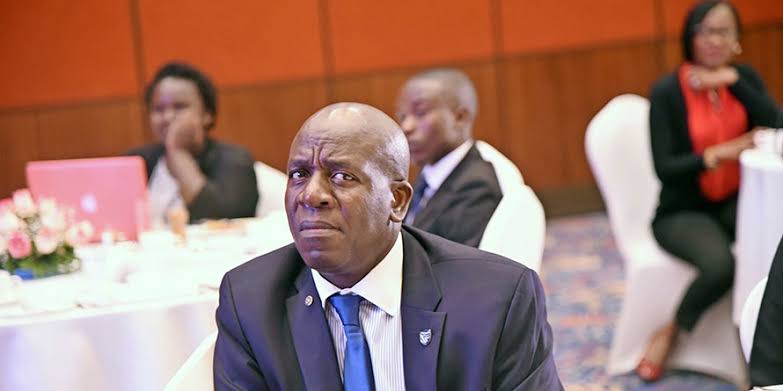Reports have emerged from insiders privy to operations on the Kitale-Morpus Road project in Trans Nzoia County, detailing harsh working conditions under the management of a Chinese construction firm.
The company, Chongqing International Construction Corporation (CICO), is a major Chinese construction and engineering enterprise established in 1985 and a wholly-owned subsidiary of Chongqing Urban Transport Development and Investment (Group) Co., Ltd.

CICO has a strong presence in both Asian and African construction markets, with a portfolio spanning engineering contracting, consulting and design, engineering supervision, electromechanical installation, and project management.
Kenyan employees claim they endure low wages, constant intimidation, and an oppressive work environment under the supervision of a Chinese manager, supported by a local HR officer. Workers say that voicing grievances often leads to threats of dismissal or termination based on fabricated claims and rumours.
Supervisors on site are accused of overworking staff, with little regard for health and safety measures, leaving employees exposed to hazardous conditions.
Sources further allege that the Resident Engineer assigned by Kenya National Highways Authority (KeNHA) has largely ignored the plight of workers, prompting calls for urgent intervention by authorities to address labour violations and improve working conditions.
Internationally, CICO, is known for completing over 60 large and medium-scale projects across Asia and Africa, including high-profile road projects such as the Entebbe–Kampala Expressway and the Fort Portal–Bundibugyo–Lamia Road in Uganda, the Monrovia-Gbarnga-Ganta highway in Liberia, and road upgrades in Tanzania, Benin, Ethiopia, Kenya, and beyond.
Domestically in China, CICO has undertaken over 200 projects, many of which have won prestigious awards such as the Luban Prize and National High Quality Project Prize, reflecting its strong technical capability and reputation for quality.
Back in Kenya, employees report that working days often extend beyond the contracted hours, with some starting as early as 7:00 a.m. and finishing past 7:00 p.m., without overtime pay or breaks.
Staff describe a culture where any delay or absence, even for legitimate reasons such as illness, is penalized, forcing workers to fill multiple forms and endure threats of wage deductions.
Several workers say they have witnessed colleagues dismissed over unverified claims or rumours, creating a climate of fear and silence on site.
Safety equipment is reportedly insufficient, leaving employees vulnerable during road construction tasks.
Workers have called for immediate intervention from labour authorities and KeNHA to investigate these allegations and to enforce regulations that protect their rights and welfare.











































